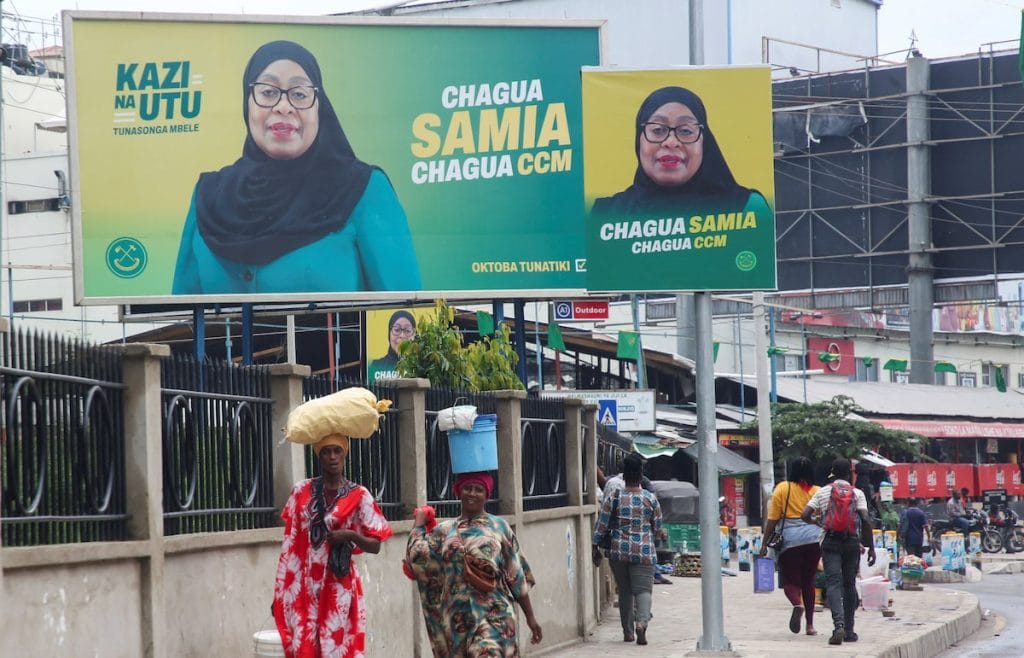Tanzania’s electoral commission announced that President Samia Suluhu Hassan has won the country’s general election with nearly 98 percent of the votes, granting her another five-year mandate to lead the East African nation of about 68 million people.
The landslide victory, however, has been overshadowed by widespread unrest. Protests erupted across major cities on election day, with demonstrators accusing the electoral body of barring opposition candidates and suppressing political dissent. According to eyewitness accounts, police fired teargas and live ammunition to disperse crowds, while several government buildings and ruling party banners were set ablaze.
Opposition leaders claimed that hundreds of people were killed during the clashes, while the United Nations Human Rights Office reported credible evidence of at least 10 deaths in three separate cities. The government, however, dismissed these reports as exaggerated and maintained that the elections were conducted peacefully.
President Hassan, who first assumed office in 2021 following the death of former President John Magufuli, had promised to promote political reconciliation and democratic reforms. Critics, however, argue that her administration has continued to restrict opposition activity and media freedom.
As the newly re-elected leader, Hassan now faces growing pressure to restore public trust and address allegations of electoral misconduct. Political observers say the violent aftermath of the vote underscores the deep divisions within Tanzanian society and the urgent need for inclusive political dialogue.



